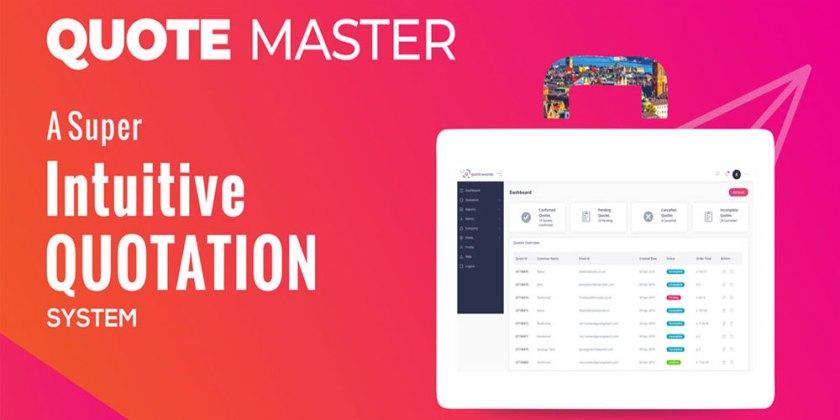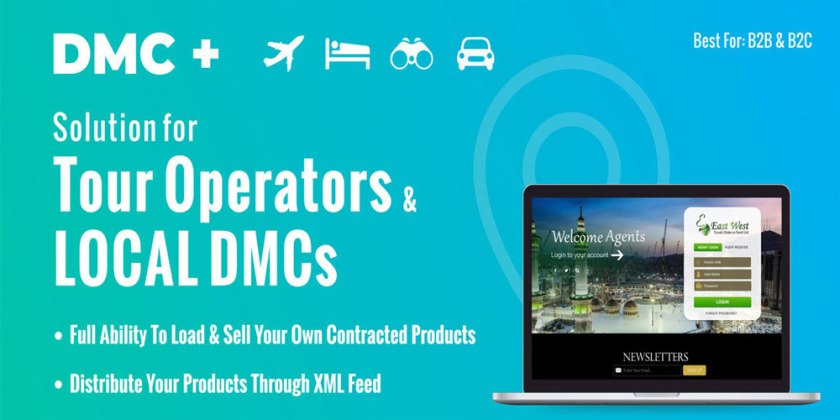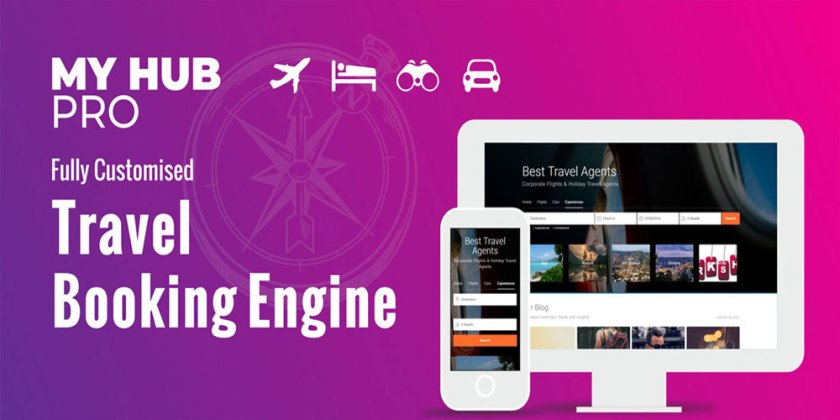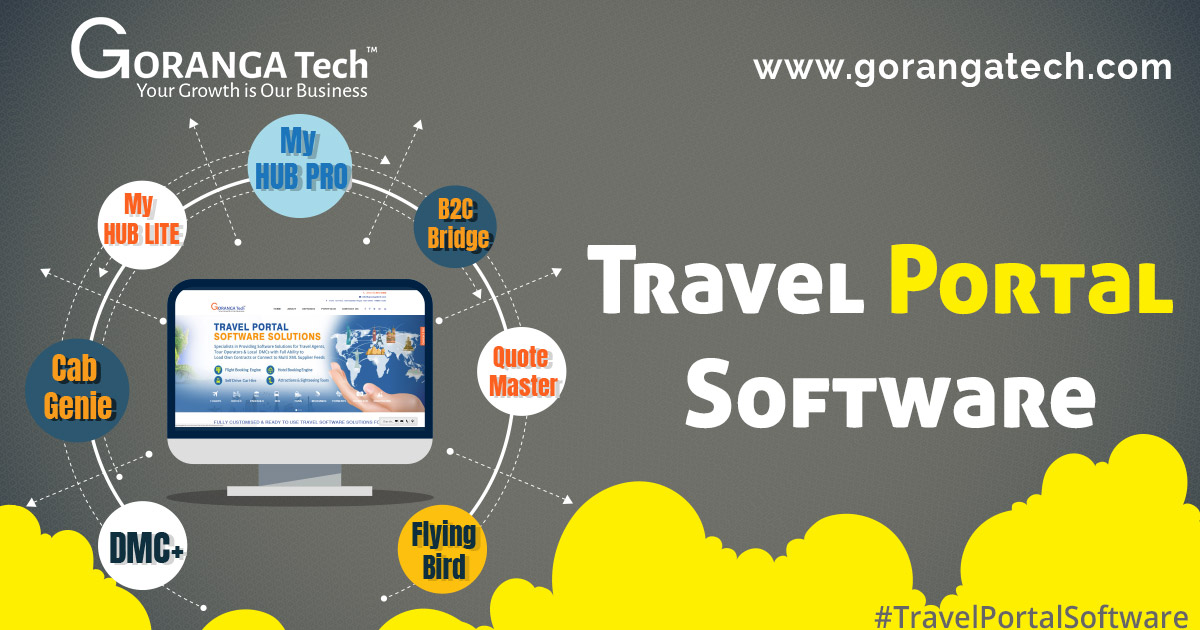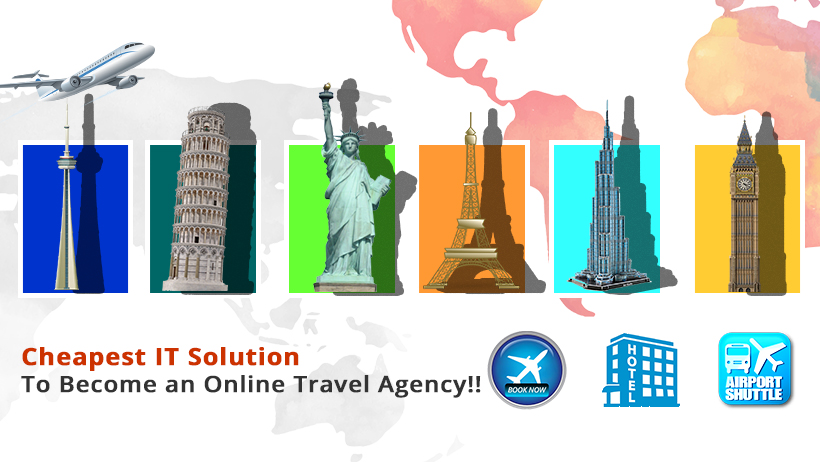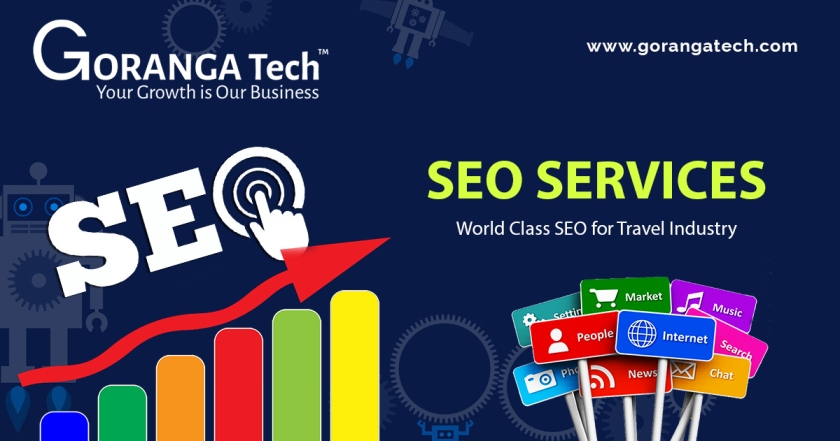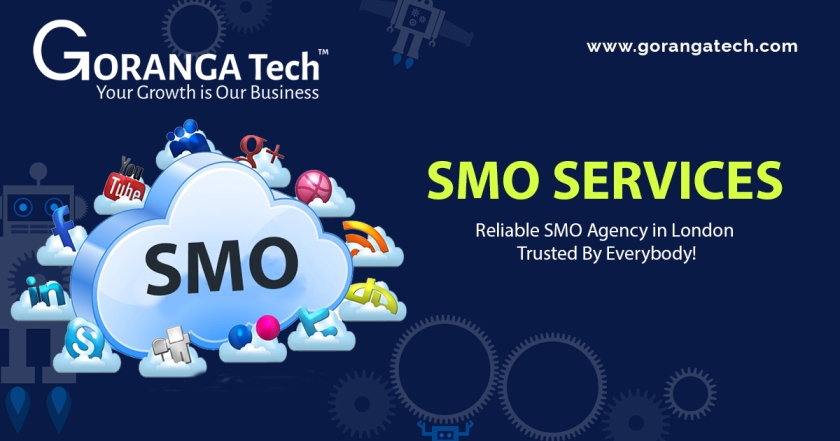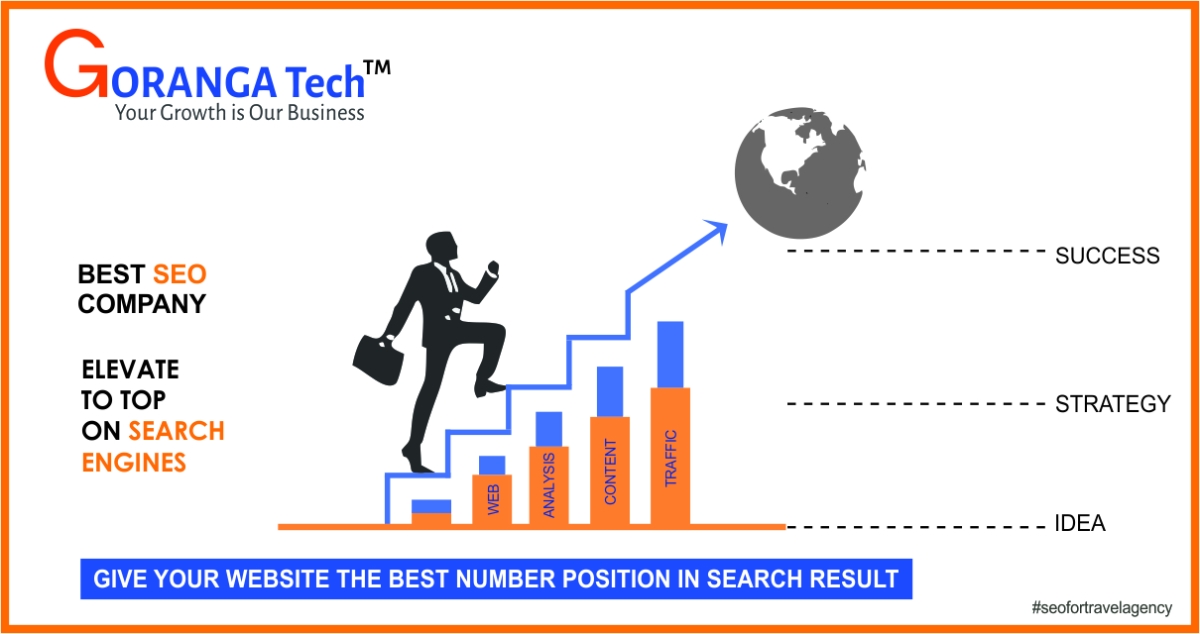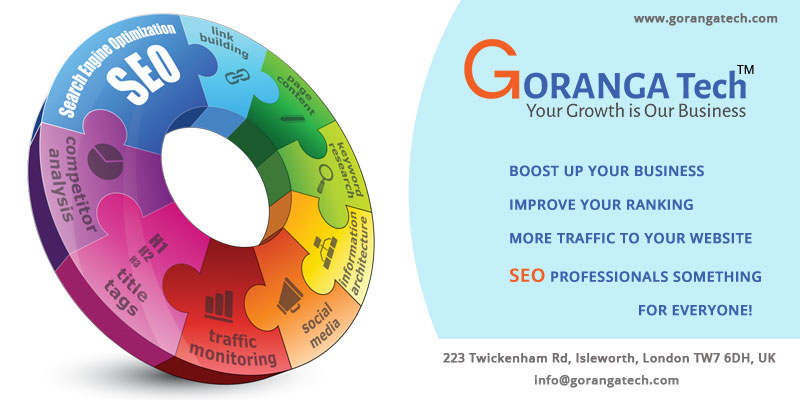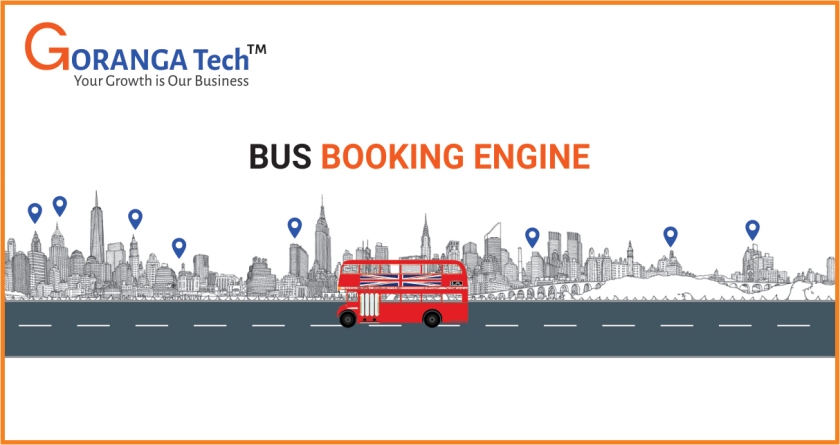Search engine optimization (SEO) is the process of affecting the online visibility of a website or a web page in a web search engine‘s unpaid results—often referred to as “natural”, “organic“, or “earned” results. In general, the earlier (or higher ranked on the search results page), and more frequently a website appears in the search results list, the more visitors it will receive from the search engine’s users; these visitors can then be converted into customers.[1] SEO may target different kinds of search, including image search, video search, academic search,[2] news search, and industry-specific vertical search engines. SEO differs from local search engine optimization in that the latter is focused on optimizing a business’ online presence so that its web pages will be displayed by search engines when a user enters a local search for its products or services. The former instead is more focused on national or international searches.
As an Internet marketing strategy, SEO considers how search engines work, the computer programmed algorithms which dictate search engine behavior, what people search for, the actual search terms or keywords typed into search engines, and which search engines are preferred by their targeted audience. Optimizing a website may involve editing its content, adding content, doing HTML, and associated coding to both increase its relevance to specific keywords and to remove barriers to the indexing activities of search engines. Promoting a site to increase the number of backlinks, or inbound links, is another SEO tactic. By May 2015, mobile search had surpassed desktop search.[3]In 2015, it was reported that Google is developing and promoting mobile search as a key feature within future products. In response, many brands are beginning to take a different approach to their Internet marketing strategies.[4]

History
Webmasters and content providers began optimizing websites for search engines in the mid-1990s, as the first search engines were cataloging the early Web. Initially, all webmasters needed only to submit the address of a page, or URL, to the various engines which would send a “spider” to “crawl” that page, extract links to other pages from it, and return information found on the page to be indexed.[5] The process involves a search engine spider downloading a page and storing it on the search engine’s own server. A second program, known as an indexer, extracts information about the page, such as the words it contains, where they are located, and any weight for specific words, as well as all links the page contains. All of this information is then placed into a scheduler for crawling at a later date.
Website owners recognized the value of a high ranking and visibility in search engine results,[6] creating an opportunity for both white hat and black hat SEO practitioners. According to industry analyst Danny Sullivan, the phrase “search engine optimization” probably came into use in 1997. Sullivan credits Bruce Clay as one of the first people to popularize the term.[7] On May 2, 2007,[8] Jason Gambert attempted to trademark the term SEO by convincing the Trademark Office in Arizona[9]that SEO is a “process” involving manipulation of keywords and not a “marketing service.”
Early versions of search algorithms relied on webmaster-provided information such as the keyword meta tag or index files in engines like ALIWEB. Meta tags provide a guide to each page’s content. Using meta data to index pages was found to be less than reliable, however, because the webmaster’s choice of keywords in the meta tag could potentially be an inaccurate representation of the site’s actual content. Inaccurate, incomplete, and inconsistent data in meta tags could and did cause pages to rank for irrelevant searches.[10][dubious – discuss] Web content providers also manipulated some attributes within the HTML source of a page in an attempt to rank well in search engines.[11] By 1997, search engine designers recognized that webmasters were making efforts to rank well in their search engine, and that some webmasters were even manipulating their rankings in search results by stuffing pages with excessive or irrelevant keywords. Early search engines, such as Altavistaand Infoseek, adjusted their algorithms in an effort to prevent webmasters from manipulating rankings.[12]
By relying so much on factors such as keyword density which were exclusively within a webmaster’s control, early search engines suffered from abuse and ranking manipulation. To provide better results to their users, search engines had to adapt to ensure their results pages showed the most relevant search results, rather than unrelated pages stuffed with numerous keywords by unscrupulous webmasters. This meant moving away from heavy reliance on term density to a more holistic process for scoring semantic signals.[13] Since the success and popularity of a search engine is determined by its ability to produce the most relevant results to any given search, poor quality or irrelevant search results could lead users to find other search sources. Search engines responded by developing more complex ranking algorithms, taking into account additional factors that were more difficult for webmasters to manipulate. In 2005, an annual conference, AIRWeb, Adversarial Information Retrieval on the Web was created to bring together practitioners and researchers concerned with search engine optimization and related topics.[14]
Companies that employ overly aggressive techniques can get their client websites banned from the search results. In 2005, the Wall Street Journal reported on a company, Traffic Power, which allegedly used high-risk techniques and failed to disclose those risks to its clients.[15] Wired magazine reported that the same company sued blogger and SEO Aaron Wall for writing about the ban.[16] Google’s Matt Cutts later confirmed that Google did in fact ban Traffic Power and some of its clients.[17]
Some search engines have also reached out to the SEO industry, and are frequent sponsors and guests at SEO conferences, webchats, and seminars. Major search engines provide information and guidelines to help with website optimization.[18][19] Google has a Sitemaps program to help webmasters learn if Google is having any problems indexing their website and also provides data on Google traffic to the website.[20] Bing Webmaster Tools provides a way for webmasters to submit a sitemap and web feeds, allows users to determine the “crawl rate”, and track the web pages index status.
Relationship with Google
In 1998, two graduate students at Stanford University, Larry Page and Sergey Brin, developed “Backrub”, a search engine that relied on a mathematical algorithm to rate the prominence of web pages. The number calculated by the algorithm, PageRank, is a function of the quantity and strength of inbound links.[21] PageRank estimates the likelihood that a given page will be reached by a web user who randomly surfs the web, and follows links from one page to another. In effect, this means that some links are stronger than others, as a higher PageRank page is more likely to be reached by the random web surfer.
Page and Brin founded Google in 1998.[22] Google attracted a loyal following among the growing number of Internet users, who liked its simple design.[23] Off-page factors (such as PageRank and hyperlink analysis) were considered as well as on-page factors (such as keyword frequency, meta tags, headings, links and site structure) to enable Google to avoid the kind of manipulation seen in search engines that only considered on-page factors for their rankings. Although PageRank was more difficult to game, webmasters had already developed link building tools and schemes to influence the Inktomi search engine, and these methods proved similarly applicable to gaming PageRank. Many sites focused on exchanging, buying, and selling links, often on a massive scale. Some of these schemes, or link farms, involved the creation of thousands of sites for the sole purpose of link spamming.[24]
By 2004, search engines had incorporated a wide range of undisclosed factors in their ranking algorithms to reduce the impact of link manipulation. In June 2007, The New York Times’ Saul Hansell stated Google ranks sites using more than 200 different signals.[25] The leading search engines, Google, Bing, and Yahoo, do not disclose the algorithms they use to rank pages. Some SEO practitioners have studied different approaches to search engine optimization, and have shared their personal opinions.[26] Patents related to search engines can provide information to better understand search engines.[27] In 2005, Google began personalizing search results for each user. Depending on their history of previous searches, Google crafted results for logged in users.[28]
In 2007, Google announced a campaign against paid links that transfer PageRank.[29] On June 15, 2009, Google disclosed that they had taken measures to mitigate the effects of PageRank sculpting by use of the nofollow attribute on links. Matt Cutts, a well-known software engineer at Google, announced that Google Bot would no longer treat nofollowed links in the same way, in order to prevent SEO service providers from using nofollow for PageRank sculpting.[30] As a result of this change the usage of nofollow leads to evaporation of PageRank. In order to avoid the above, SEO engineers developed alternative techniques that replace nofollowed tags with obfuscated Javascript and thus permit PageRank sculpting. Additionally several solutions have been suggested that include the usage of iframes, Flash and Javascript.[31]
In December 2009, Google announced it would be using the web search history of all its users in order to populate search results.[32] On June 8, 2010 a new web indexing system called Google Caffeine was announced. Designed to allow users to find news results, forum posts and other content much sooner after publishing than before, Google caffeine was a change to the way Google updated its index in order to make things show up quicker on Google than before. According to Carrie Grimes, the software engineer who announced Caffeine for Google, “Caffeine provides 50 percent fresher results for web searches than our last index…”[33] Google Instant, real-time-search, was introduced in late 2010 in an attempt to make search results more timely and relevant. Historically site administrators have spent months or even years optimizing a website to increase search rankings. With the growth in popularity of social media sites and blogs the leading engines made changes to their algorithms to allow fresh content to rank quickly within the search results.[34]
In February 2011, Google announced the Panda update, which penalizes websites containing content duplicated from other websites and sources. Historically websites have copied content from one another and benefited in search engine rankings by engaging in this practice, however Google implemented a new system which punishes sites whose content is not unique.[35] The 2012 Google Penguin attempted to penalize websites that used manipulative techniques to improve their rankings on the search engine.[36] Although Google Penguin has been presented as an algorithm aimed at fighting web spam, it really focuses on spammy links[37] by gauging the quality of the sites the links are coming from. The 2013 Google Hummingbird update featured an algorithm change designed to improve Google’s natural language processing and semantic understanding of web pages.
